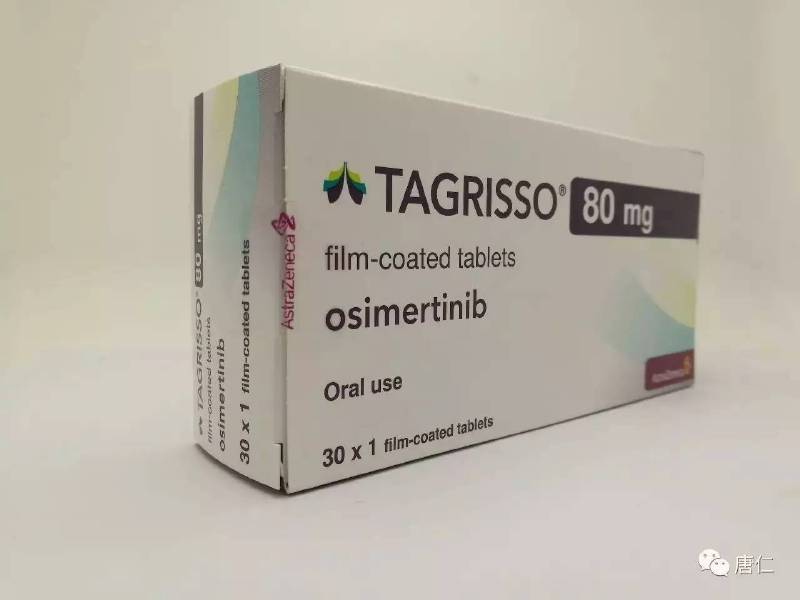Given after surgery, AZ’s Tagrisso prevents lung cancer coming back

AstraZeneca opened its account at this year’ virtual ASCO meeting with data showing that adjuvant (post-surgery) use of Tagrisso delays the recurrence of EGFR-positive non-small cell lung cancer (NSCLC).
The EGFR inhibitor is the first targeted drug to show an improvement in this group of patients in a large-scale trial, according to the investigators, led by Roy Herbst of Yale Cancer Center and Smilow Cancer Hospital in the US.
AZ has already said it will press ahead with regulatory filings for Tagrisso (osimertinib) based on the data after a strong efficacy signal led it to halt the 682-patient ADAURA study early in April, and analysts have suggested adjuvant use could swell sales by $1 billion or more.
Tagrisso is already approved as a first- and second-line treatment for EGFR-positive NSCLC and has become AZ’s best-selling drug, bringing in almost $3.2 billion last year and rising another 56% to $982 million in the first three months of 2020.
In ADAURA, Tagrisso reduced the risk of disease recurrence or death by 83% compared to placebo in patients with tumours that had spread locally but not to other parts of the body (stage II-IIIa), and who had surgery with the aim of completely removing the tumour and curing their cancer.
AZ’s drug also reduced disease-free survival by 79% in the overall trial population (stage 1b to IIIa), and after two years 89% of patients remained alive, compared to 53% of the placebo group.
Herbst says the data are “transformative” for patients with early-stage EGFR-positive NSCLC, who typically have a high chance of their cancer returning even after successful surgery.
“Tagrisso will provide a much-needed new treatment option that has the potential to change the practice of medicine and improve outcomes for patients in this setting,” he adds.
The data on overall survival from ADAURA are not mature yet but favoured Tagrisso at the data cut-off point, and will be reported later.
The early results with ADAURA are a big boost to AZ early on in Tagrisso’s life, as the data readout was originally not expected until 2022.
If approved, it should help AZ maintain its lead in the EGFR inhibitor market, which has recently seen new entrants such as Pfizer’s Vizimpro (dacomitinib).
The data could also build momentum for Tagrisso as AZ tries to convince payers of the drug’s value. In the UK for example the country’s pricing watchdog NICE concluded this year that it was not cost-effective for first-line use, after backing Vizimpro for that indication a few months earlier.












